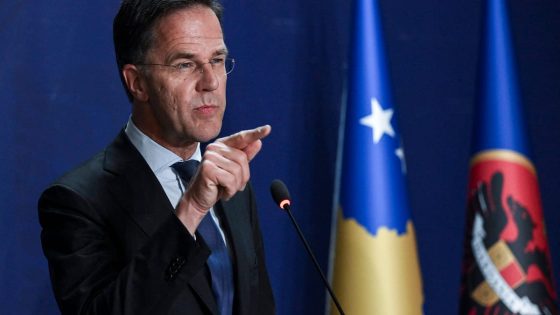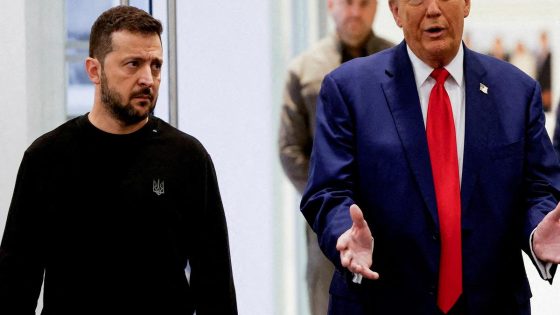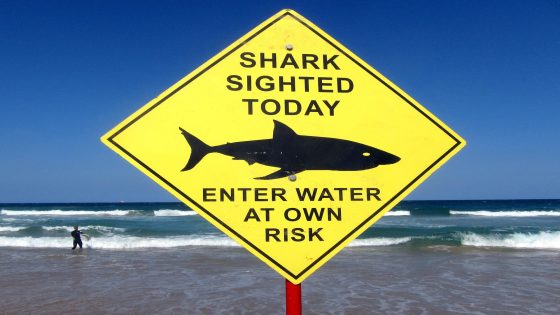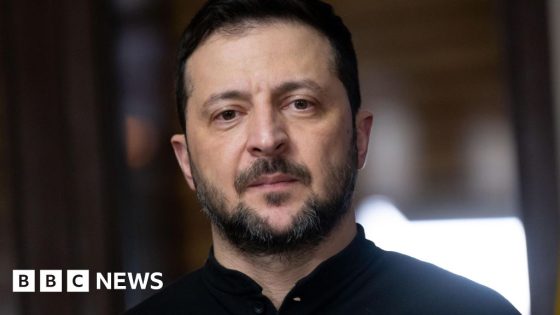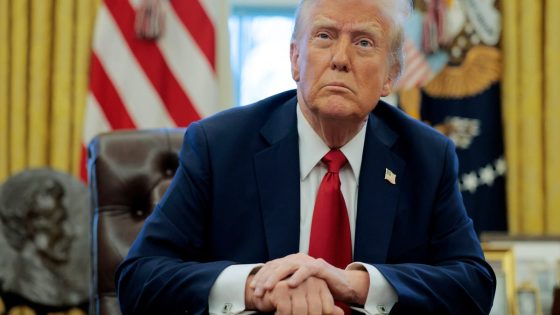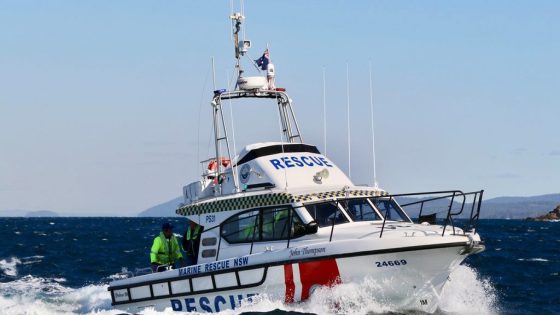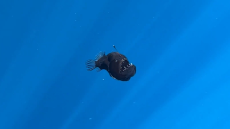On March 26, 2025, Dutch Prime Minister Mark Rutte emphasized the ongoing threat posed by Russia to NATO during a press conference. He stated that Russia’s shift towards a wartime economy is a significant concern for the alliance, highlighting the need for unity among member nations.
- Russia remains a significant threat to NATO.
- NATO's commitment is vital for Poland's security.
- Concerns over Trump's commitment to NATO.
- Transatlantic relationship is crucial for alliance.
- Poland relies on close U.S. relationship.
- Limited influence on Ukraine-Russia peace negotiations.
Polish leader Donald Tusk reiterated the importance of NATO’s commitment to defend Poland under Article 5, especially amid rising concerns regarding U.S. President Donald Trump’s stance on NATO and Europe. Rutte reassured that the transatlantic relationship remains a cornerstone of the alliance.
The discussions between Rutte and Tusk come as NATO faces increasing scrutiny regarding its collective defense strategies. With Russia’s military activities raising alarms, NATO members are reassessing their security frameworks. Rutte pointed out that the alliance must remain vigilant against Russia’s aggressive posturing, which he described as a “dark threat.”
Key points from the meeting included:
- Rutte’s assertion that Russia is transitioning to a wartime economy.
- Tusk’s emphasis on NATO’s Article 5, which ensures collective defense.
- Concerns about U.S. President Trump’s commitment to NATO and its implications for European security.
Both leaders acknowledged the complexities surrounding peace negotiations between Ukraine and Russia, expressing limited influence over the outcomes. Tusk admitted that Poland’s security heavily relies on its relationship with the U.S., which necessitates careful navigation of diplomatic relations under the current U.S. administration.
In summary, the dialogue between Rutte and Tusk underscores the critical state of NATO’s unity and the ongoing challenges posed by Russia. The commitment to collective defense remains a priority as member nations address external threats and internal uncertainties.
The emphasis on NATO’s role in ensuring security for member states reflects the alliance’s ongoing efforts to adapt to evolving threats. As discussions continue, the focus remains on maintaining a strong transatlantic partnership to counteract potential aggressions.



